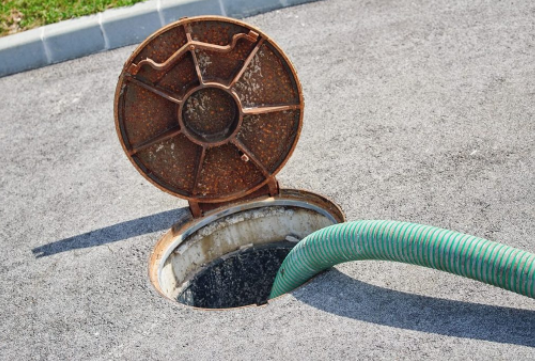While your septic tank is diligently working away at managing your waste, you also need to work in its favour by keeping up with professional septic tank cleaning. You may not know how often you need pumping and cleaning, but many of the public think this is an annual exercise. That isn’t the industry expectation, and it shouldn’t be yours. Most of it is an individual setting that depends on your tank levels, not a specific time frame. This is because your septic tank system is designed to withstand many more years of waste management than you can imagine if used correctly.
How often should my septic tank be pumped?
The generally safe approach is to completely empty and pump your septic every 3 or more years. This form of waste management is one of the most sustainable septic systems for a reason. It is the manner in which it treats and then disposes of waste that makes it so effective. It is also environmentally friendly because it is an extremely natural way to repurpose waste. Your entire septic tank system has the capability to last for many decades if it is well looked after. However, septic tank cleaning is essential to ensure this. Here are a few considerations for knowing when it’s time to schedule your next septic tank pumping in Remark:
1. The size of your septic tank
Tanks can hold many thousands of litres across the country. They can hold 2000 litres or fall into the large category which can exceed 10, 000 litres in capacity. You can easily determine the right size for your property if you consult with a professional. No matter what size you end up with, unique to your needs, of course, this plays a role in how often it should be pumped. Septic tanks installed in homes with a family of four can schedule a pumping every two and a half years or so. However, if you have a considerable large tank in higher categories, you may only need a pump every four years or so.
2. Typical usage of wastewater
The types of soaps, cleaners, and chemicals that you use in your home and how often they go down the drain are also factors that influence the timing of septic pumping. You will need to take into account the total wastewater generated, including laundry, dishwashing, and showers. Efficient water usage will lengthen the life of a septic system and reduce the risk of clogging, backing up, and leaking. If you frequently flush down potentially harmful objects and fluids, then you are contributing to the possible overflow of your system. You may need to set some clear guidelines about usage which strictly prohibit against grease and oil down the drains and the disposal of hygiene and sanitary products. All these things will end up in the septic tank and they have the potential to distort the ecosystem in place.
3. The number of people using the septic tank
Septic tanks installed for residential versus commercial reasons will have entirely different maintenance requirements. That is mainly because these systems will deal with vastly different numbers of people. Your septic tank fills up as it is used and while it has a system to leach waste into the ground, this does take some time. If you are the property owner of a commercial building looking for septic cleaners, you may need to call us out more frequently than the average household client. While homes deal with up to 6 people, commercial buildings have ten times the amount of people. This means that more frequent pumping may be required. Give us a call and we can discuss your specific needs because we insist on offering the best service in Renmark for commercial clients.
5 signs that your septic tank needs a pump
- Water waste overflows out from the tank openings
- You can spot wet areas or puddles at the top of the septic tank
- There is a strong unpleasant smell near the septic tank (you won’t miss this one)
- The grass around the tank looks lusher and greener than the rest of the surrounding grass
- Sewage flows away very slowly or not at all in the toilet or from other fixtures
Septic tank overflow can be an issue with the system’s drainage outlet but sometimes it’s also an issue of how it’s used. You need to be using the water on your residential or commercial property effectively and sparingly to make sure that you aren’t causing strain on your septic tank. It is designed to handle a certain amount of capacity and it will overflow if it holds more water than it’s supposed to. If it’s over capacitated with water, it won’t break down the solid waste as effectively as it should and cause blockages. We suggest doing laundry once a week in big loads instead of frequent small loads. Consider using water more sparingly in your bathroom when it comes to showering and the toilet. Toilet leaks can also cause septic tank overflow so to make sure you call a plumber to resolve those as soon as they appear. Take it from us, this could make all the difference.
Call us for a professional septic tank pump in Renmark
Riverland Tank and Drain offers emergency overflow and a range of other domestic and commercial services. We strongly advise that you AVOID opening and inspecting the septic tank yourself as it is against national guidelines. The tank is filled with toxic gases that are very dangerous if you encounter them. A specialist is trained to identify what the issue is and give you a detailed explanation about the next plan of action. It might be a pump out, treatment or activation. Riverland Tank and Drain will help you assess the severity of the situation and a solution for the required services. Let us help you with the septic tank planning, installation and upkeep of your building, office, or home. Call us on 0412 839 392!




